Sports stars call for education focus in early talent identification
As talent identification in sport targets younger Aussie kids, experts and former pro athletes agree that junior development programs should include educational building blocks for Plan B
Australia’s athletic DNA suggests tomorrow’s champions are gripped by the current Commonwealth Games. But sporting careers are notoriously short – and as kids around the country feel the first flush of future hopes and dreams, education experts and former elite athletes agree that youth talent development should include knowledge that translates into later civilian employment.
So how can kids reach for the stars while stockpiling the educational building blocks necessary for a successful Plan B?
MultiLit Research director of strategy Dr Jennifer Buckingham says that communication and literacy skills become “confidence builders” as young sportspeople mature.
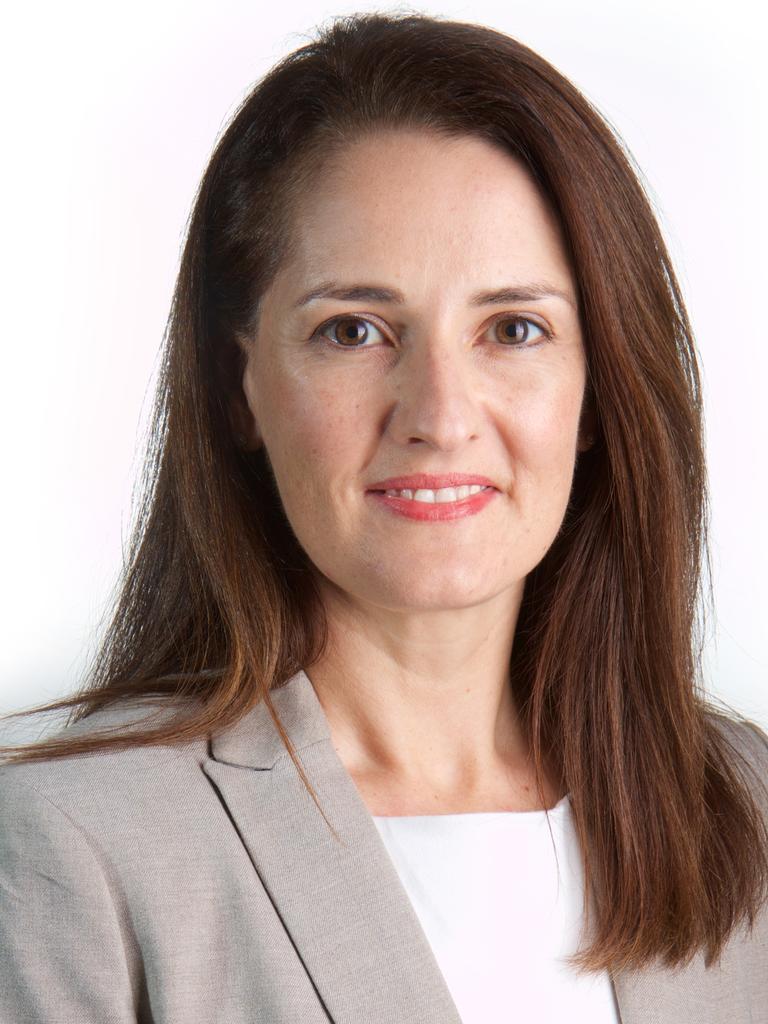
“If you know how to spell, you can write well,” she says. “If you know how to spell, then it’s going to stand you in good stead in your career.
“There are very few careers that don’t require any kind of writing at all – and it’s much better to learn that in school than try to fill those gaps afterwards.”
The very few who do score scholarships and contracts still need a solid education, because a long professional life awaits beyond short-lived competitive careers.
“It’s quite difficult sometimes as an adult to confront gaps in their literacy knowledge,” Dr Buckingham says.
With registrations for the 2022 Prime Minister’s Spelling Bee open until 19 August for students across years 3-8, former Australian Wallaby turned Triple M Brisbane breakfast presenter Greg “Marto” Martin says education is as essential for athletes as physical prowess and fitness.
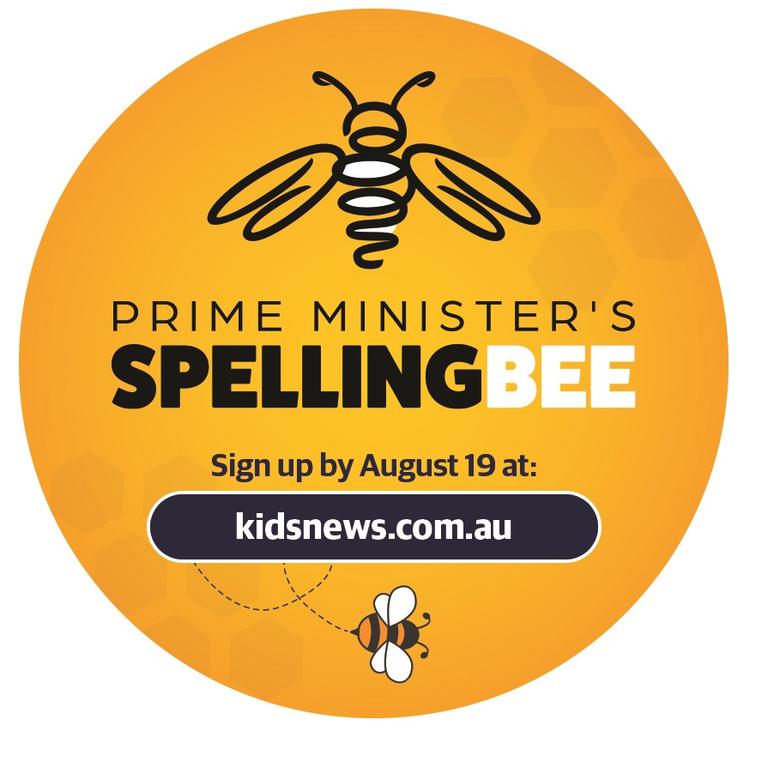
“The average professional sporting career is less than 100 games,” Martin says. “Most professional athletes retire before or just after 30 years of age. That leaves a lot of full-time working years.
“The ability to read, write and communicate effectively is crucial for success both on and off the sporting field.”
Three time Olympic medallist James Magnussen says it’s hard for young athletes to foresee what the future will hold after sport.
“You get so caught up in the present that you sometimes don’t plan for your future,” he says.
Of the skills serving his post-pool career, Magnussen – now a successful commentator, columnist and coach – says “the best ones” are literacy-based.
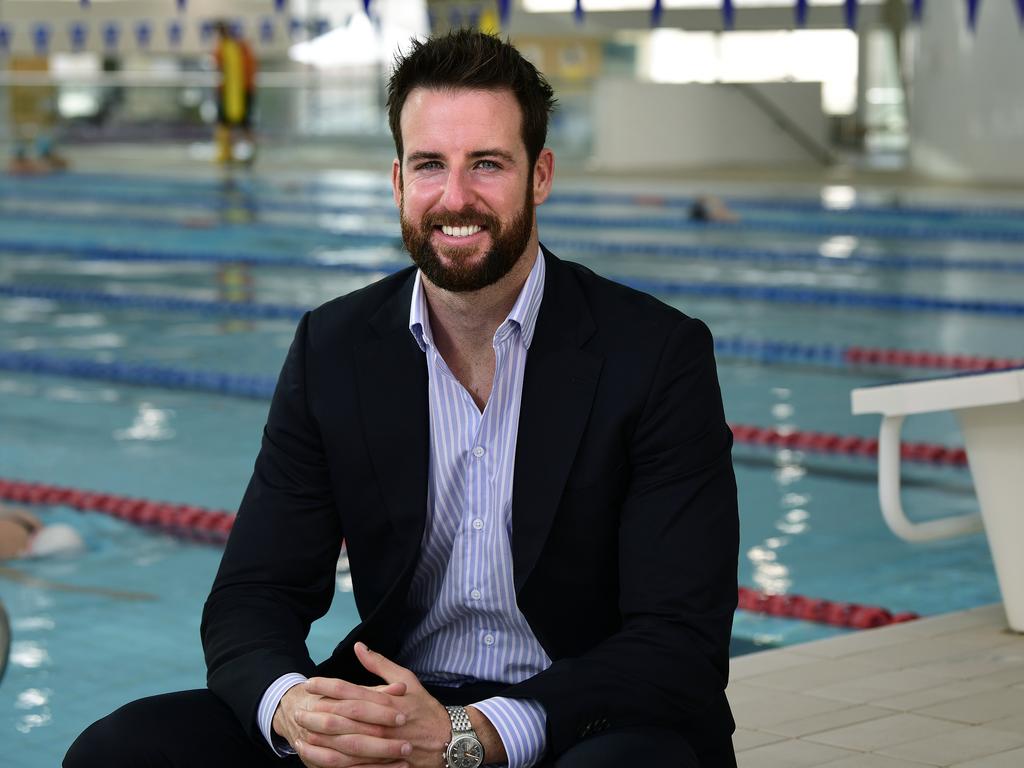
“My mum was an English teacher, which helped, but … reading and writing (have) been really important,” he says.
“Spelling is the building block of all written and spoken language.
“Whether it’s selling yourself for a job, or your opinion, a product or a business, being able to express that in words and be concise and persuasive … is a skill set for life.”
Fox Footy presenter and mum of two Sarah Jones says it’s players and athletes who express themselves well who have success after their sporting career in commentary, coaching and sports administration.
“In AFL football, if a player wants to transition … it’s pretty self-evident that having a good grasp of English and being able to communicate well and spell is just essential,” Jones says.
“They’re three of the biggest pathways players go into where they remain within the football industry, then you’ve got everything outside … which has the same touchstones. It’s really crucial to read, to learn, to never stop learning.”
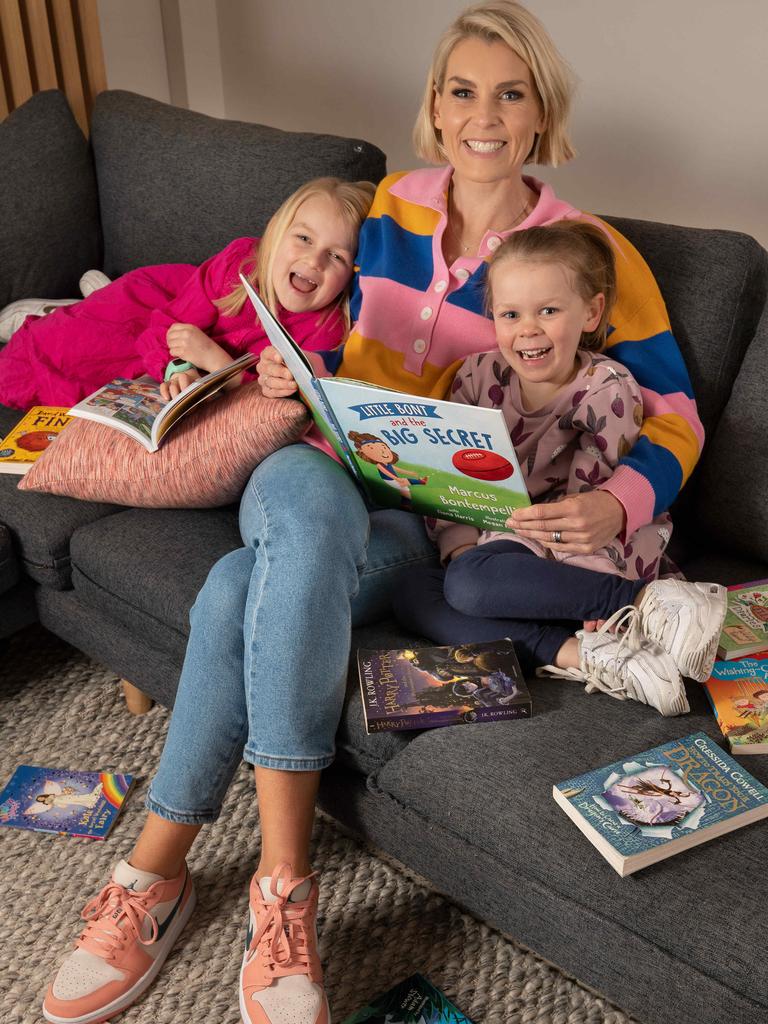
With daughters Mila, 7, and Halle, 5, growing into avid bookworms just like their mum, Jones calls the Spelling Bee initiative “fantastic”.
“Anything that encourages kids to improve … and challenge themselves is really good,” she says.
“I like to think that Australians are world leaders in whatever we do.
“If young Aussies want to compete with someone from England or America or Spain or wherever … you’d like to think that our education system and standards … put you in a position to be competitive with the absolute best, most brilliant people in the world.”
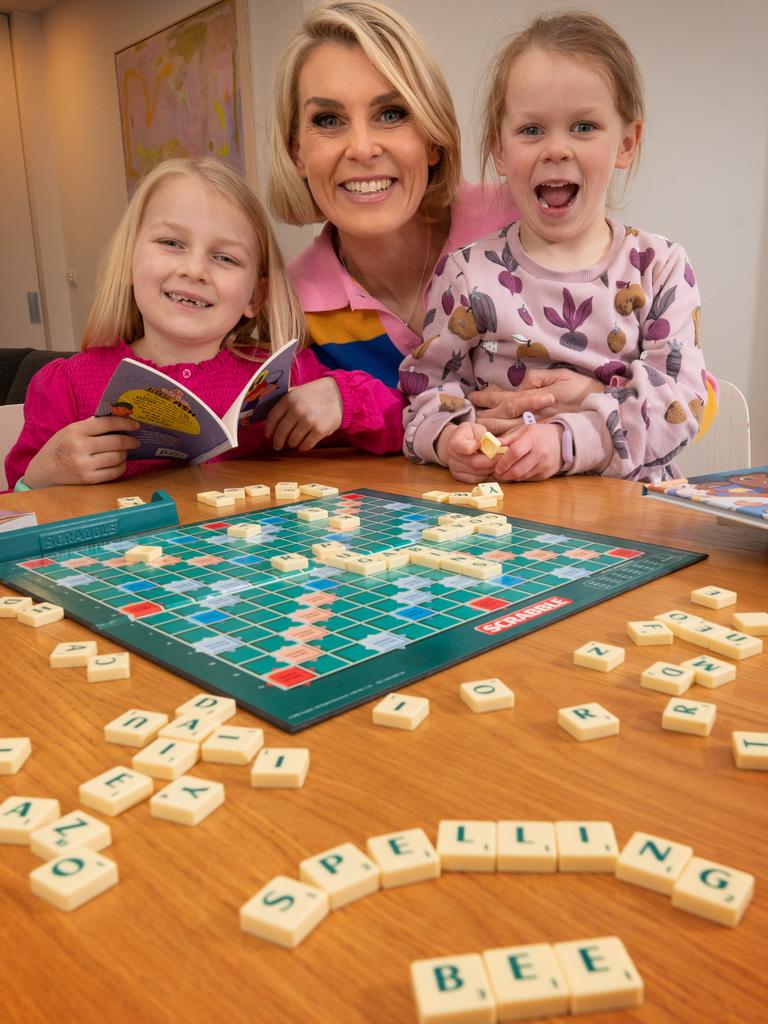
LESSONS FROM THE FAST LANE
As an elite swimmer, James Magnussen became a dual world champion and three-time Olympic medallist and continues to distinguish himself in industries surrounding the sport. He prepared young for his post-pool “afterlife” and shares his top tips for looking ahead.
• Maintain a range of interests throughout your sporting career. Don’t become so single-minded that you don’t allow yourself to be interested in or think about other ideas and opportunities
• Develop your knowledge of a wide variety of topics, even if it’s just for your own curiosity
• Keep learning, regardless of how well versed you are in your own field of expertise
• Know that when you look into different opportunities, unexpected rewards will present themselves
• When you have a sense of entitlement off the back of a sporting career, that’s when things can go wrong
• Sometimes you have to go out and find your opportunities and discover what else you’re passionate about.
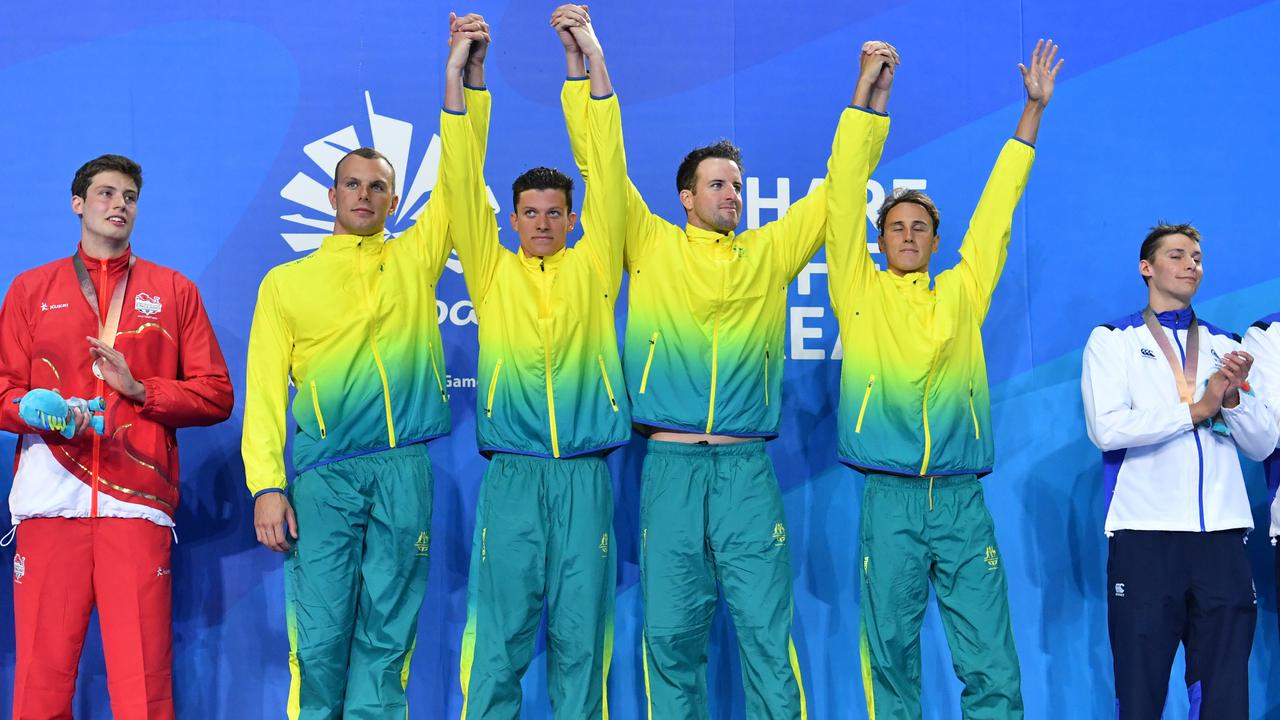
ABOUT THE BEE
The Prime Minister’s Spelling Bee is a free, online competition for students in Years 3-8.
Students compete at their school in three competition levels: green level for Years 3-4, orange level for Years 5-6 and red level for Years 7-8.
They get 30 randomly selected words from their competition level and have 25 seconds to type each answer. The students with the most correct words in the fastest time progress to finals.
Teachers can register their students until August 19, with the school rounds starting on August 15. The State/Territory Finals will be held on September 1-2 and the National Final will be September 8.
Prizes for the national champion in each age group include a trip to Canberra to meet the Prime Minister and an iPad, plus a $1000 voucher for their school.
For more information and to register, visit Kids News.
Originally published as Sports stars call for education focus in early talent identification






